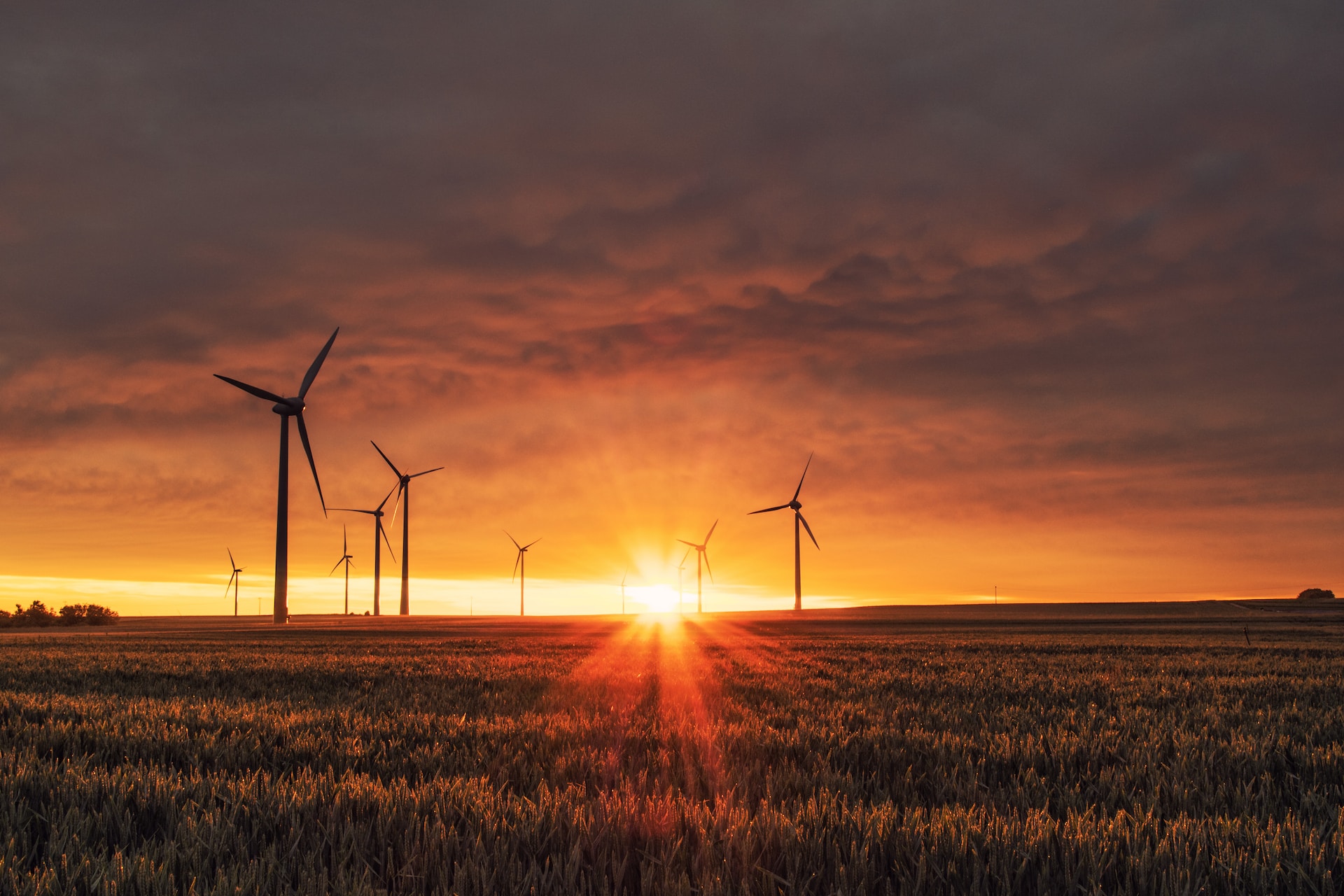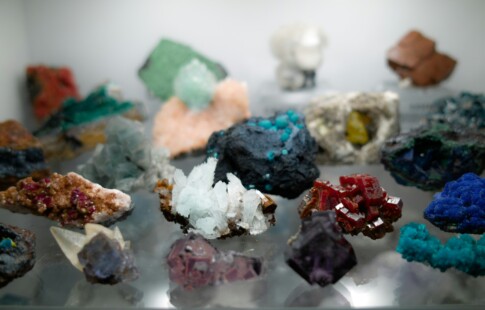
What Are the Pros and Cons of Magnetically Powered Generators?
We are reader-supported. When you buy through links on our site, we may earn affiliate commission.
Sustainable energy source use is higher than ever in the modern world. Magnetically powered generators have become a resourceful way to utilize renewable energy sources. They use the force of the wind or water to transform magnetic energy into electrical power.
Pros of Purchasing a Magnetic Generator
Purchasing a magnetic generator has several benefits. These make it a desirable option for anyone looking for reliable, sustainable and clean energy sources.
1. Environmentally Friendly Sources of Energy
Utilizing renewable electricity is one of the biggest benefits of magnetically powered generators. They use the enormous power of wind or water to produce electricity, which is replenished spontaneously and has little effect on the environment. Users actively contribute to lowering their carbon footprint and greenhouse gas emissions by selecting this clean power production, promoting a better planet for future generations.
2. Independence From the Grid
While using magnetic generators, there’s a feeling of independence from conventional power systems. They provide a steady and dependable power source during outages or in isolated places with restricted access to electricity. Hence, they guarantee vital systems and appliances continue functioning. Magnetically powered generators enhance the overall quality of life in areas where grid power may be unstable or unavailable.
3. Longevity and Low Maintenance
The design of magnetic generators prioritizes dependability and simplicity. They require less maintenance and last longer since they have fewer moving parts than conventional generators. These are a cost-effective and hassle-free energy source due to the decreased need for frequent maintenance and repairs, resulting in cheaper upkeep.
Additionally, its endurance guarantees a continuous power supply over an extended time, giving users peace of mind. They can rely on reliable energy production without frequently doing maintenance.
4. Limited Noise and Effective Operation
Loud generators are annoying, but magnetic ones are desirable for environments with noise restrictions since they work quietly. This results in a more peaceful and pleasant experience.
These generators also boast a high efficiency of magnetic energy to electrical energy conversion. This productivity makes the most of each electricity source by maximizing power production and ensuring the best possible use of the renewable resources.
Cons of Purchasing a Magnetic Generator
Magnetic generators are environmentally friendly energy sources. But like any technology, they have some downsides consumers should carefully examine.
1. Initial Outlay of Funds
Magnetically powered generators’ initial cost is higher than that of conventional generators. Some potential customers would find the upfront fee financially prohibitive, discouraging them from exploring this green energy source.
2. Power Output Limitations
Large-scale applications or those requiring much power may not be suitable for magnetically powered generators. The power output of the generator may be constrained depending on its size and capacity.
Some consider additional generators for higher energy requirements. The arrangement’s cost and complexity may increase due to this factor.
3. Reliance on Weather Situations
Magnetic generators primarily rely on the presence of wind or water for the best energy production. Power generation may become unstable during low wind or water flow, which could undermine the electrical supply’s stability. Therefore, consumers should consider the setting and environmental factors before purchasing a magnetically driven generator.
4. Accessibility and Limited Availability
These generators are becoming more and more popular, but they might not be as readily available in some places as conventional generators. Depending on local distribution networks and suppliers, limited access may restrict prospective customers’ ability to purchase and install the generators.
Quick Tips on Buying Magnetically Powered Generators
Making a wise choice is crucial because purchasing a magnetically driven generator is a major investment. Those who are excited about switching to this technology should consider if it will fit their power needs. Here are a few recommendations to follow before making the transition.
1. Assess Your Energy Demands Beforehand
In purchasing magnetically powered generators, determine your energy demands. Think about things like how many appliances and devices you need to power, as well as how much energy your home or business uses overall.
2. Research Different Models
Conduct a thorough study on the many magnetically powered generator models currently on the market. You can determine the best option for you by comparing their features, power output, efficiency and user evaluations.
3. Consider the Initial Investment
Compared to conventional generators, magnetically powered generators could have a greater upfront cost. To establish whether the investment aligns with your finances, consider your budget and weigh the long-term advantages.
4. Determine Environmental Conditions
Make sure the generator’s power output satisfies your energy needs by evaluating its power output. Think about things like the generator’s ability to handle abrupt surges in energy demand and its peak load capacity.
5. Analyze Environmental Factors
The environment will have to be right for this generator, so consider the local conditions. Evaluate the average and regularity of the wind for wind generators. Additionally, take note of the accessibility and flow of water sources while choosing a water-powered generator.
6. Check Noise Levels
A magnetically powered generator operates silently, but various versions may emit different noise levels. So, select a generator with sound levels suiting your residence or employment.
7. Consider Energy Storage Options
Check to see whether the generator has built-in storage capabilities or if you need to buy more batteries to store extra energy. This is convenient if you need more energy during a lengthy power outage.
8. Review Return Policies
Check the warranty and customer support policies offered by the manufacturer. It’s convenient to have simple access to support and replacement parts.
Make the Right Choice
Magnetically driven generators are an effective and efficient energy source with many advantages. They’re an appealing option for individuals looking for clean and dependable electricity due to their use of renewable resources, independence from conventional power networks, low maintenance needs and silent operation.
However, buyers should carefully weigh the drawbacks. These include the high initial cost, limited power output, reliance on the weather and accessibility concerns. Making an informed choice about purchasing a magnetically driven generator will make the process more convenient.
Share on
Like what you read? Join other Environment.co readers!
Get the latest updates on our planet by subscribing to the Environment.co newsletter!
About the author

Steve Russell
Steve is the Managing Editor of Environment.co and regularly contributes articles related to wildlife, biodiversity, and recycling. His passions include wildlife photography and bird watching.





